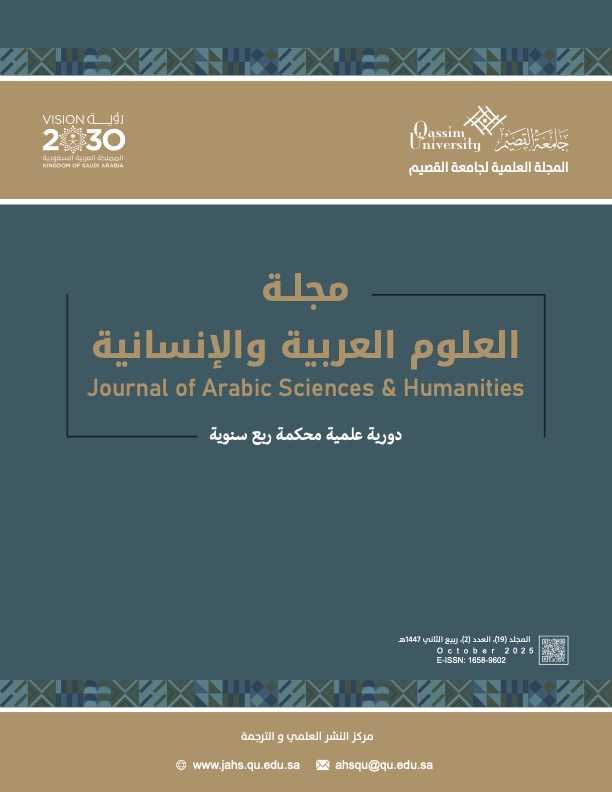Orientalist Discourse and the Hermeneutics of Literature-Religion Relations: Critical Perspectives on American Models
Abstract
This study explores how Orientalism has critically shaped Western perceptions of Arabic literature and Islam. It begins by analyzing the evolving role of religion in Western thought - shifting from ecclesiastical control to individual interpretation-then traces how European Orientalists approached Islamic civilization with both religious and economic motives. After World War II, American institutions inherited Orientalist frameworks, repurposing them to align with political interests. This shift led to cultural and Middle Eastern studies replacing deep literary engagement in academia. Given the lack of Arabic literature specialists, the research spotlights three prominent American scholars: Grunebaum, Yaroslav, and Susan. The study concludes that while the unified Orientalist identity has faded, its philological and anthropological methods still shape modern critiques of the interplay between religion and literature.
Keywords: Orientalism, Identity, Culture, Imperialism, Literature, Methodology

This work is licensed under a Creative Commons Attribution-NonCommercial 4.0 International License.


